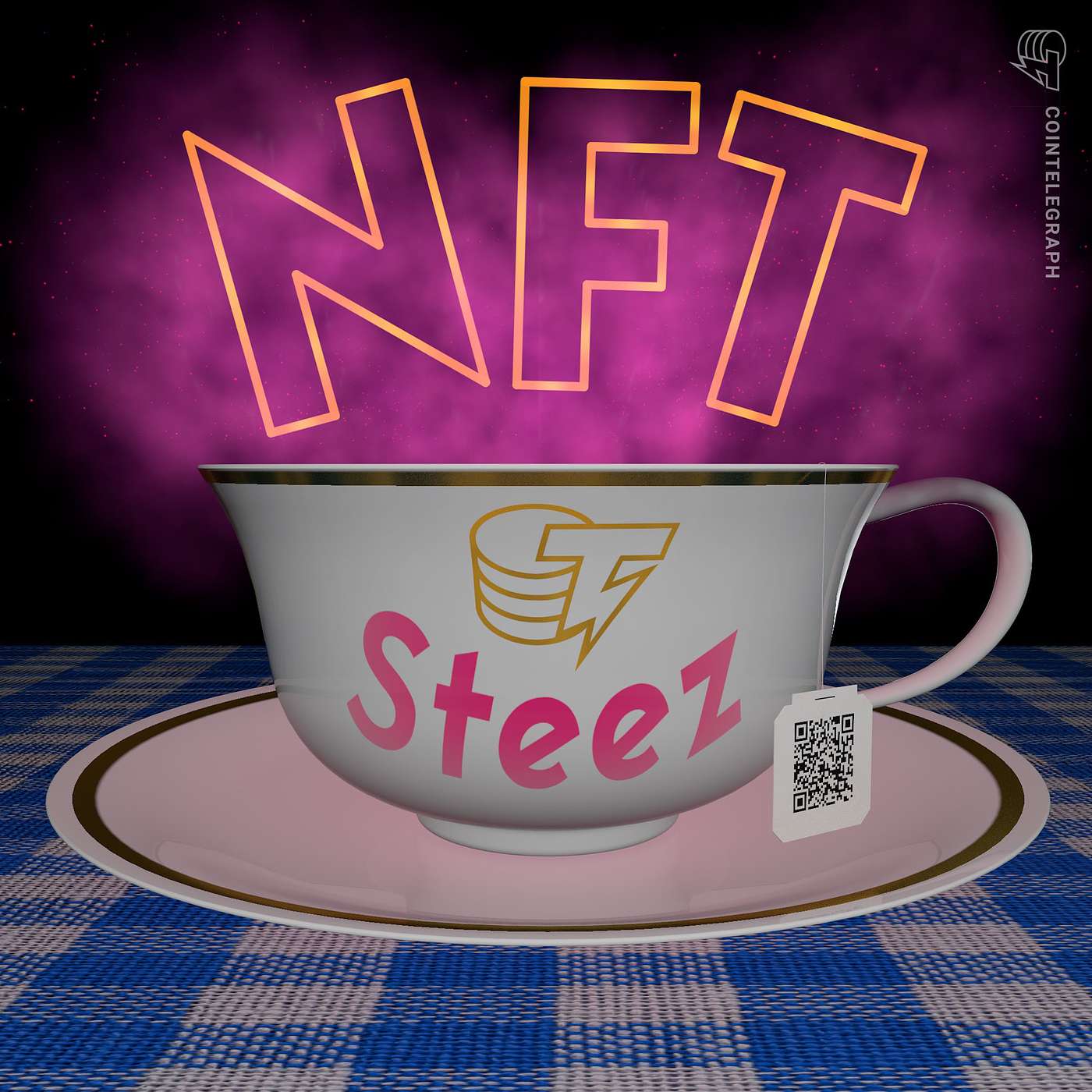DAMAC, one of Dubai’s leading luxury real estate developers, is embracing blockchain to revolutionize property investment through tokenization. In this exclusive interview, Cointelegraph’s head of multimedia sits down with Amira Sajwani, managing director at DAMAC Properties, and John Patrick Mullin, CEO & co-founder of MANTRA, to discuss the $1 billion blueprint for tokenized real estate (RWAs).
The conversation delves into why DAMAC is turning to blockchain, how billions in real estate assets can be tokenized, and the regulatory landscape of RWAs. Learn how this move opens Dubai’s real estate market to global investors, what it takes to tokenize a building in Dubai, and why DAMAC chose to partner with the MANTRA protocol.
(01:00) What is Real-World Asset (RWA) tokenization
(02:22) Inside DAMAC: Dubai’s luxury real estate giant
(04:22) Why DAMAC is using blockchain to tokenize real estate
(06:49) How to tokenize billions in real estate assets
(09:34) DAMAC’s strategic partnership with MANTRA protocol
(11:29) Want to tokenize a building in Dubai? Here’s how
(13:30) MANTRA’s approach to regulatory complexities
(18:10) How tokenization opens Dubai’s real estate to global investors
(21:19) Is real estate tokenization the next big trend?
(22:25) Best use cases of RWAs tokenization technology
(25:33) What’s next for DAMAC? Upcoming blockchain and real estate projects
(26:00) Rapid-fire questions: insights from industry leaders
This episode was hosted by Gareth Jenkinson @gazza_jenks, produced by Savannah Fortis with post-production by Elena Volkova (Hatch Up).
Follow Cointelegraph on X @Cointelegraph.
Check out Cointelegraph at cointelegraph.com.


.png)




